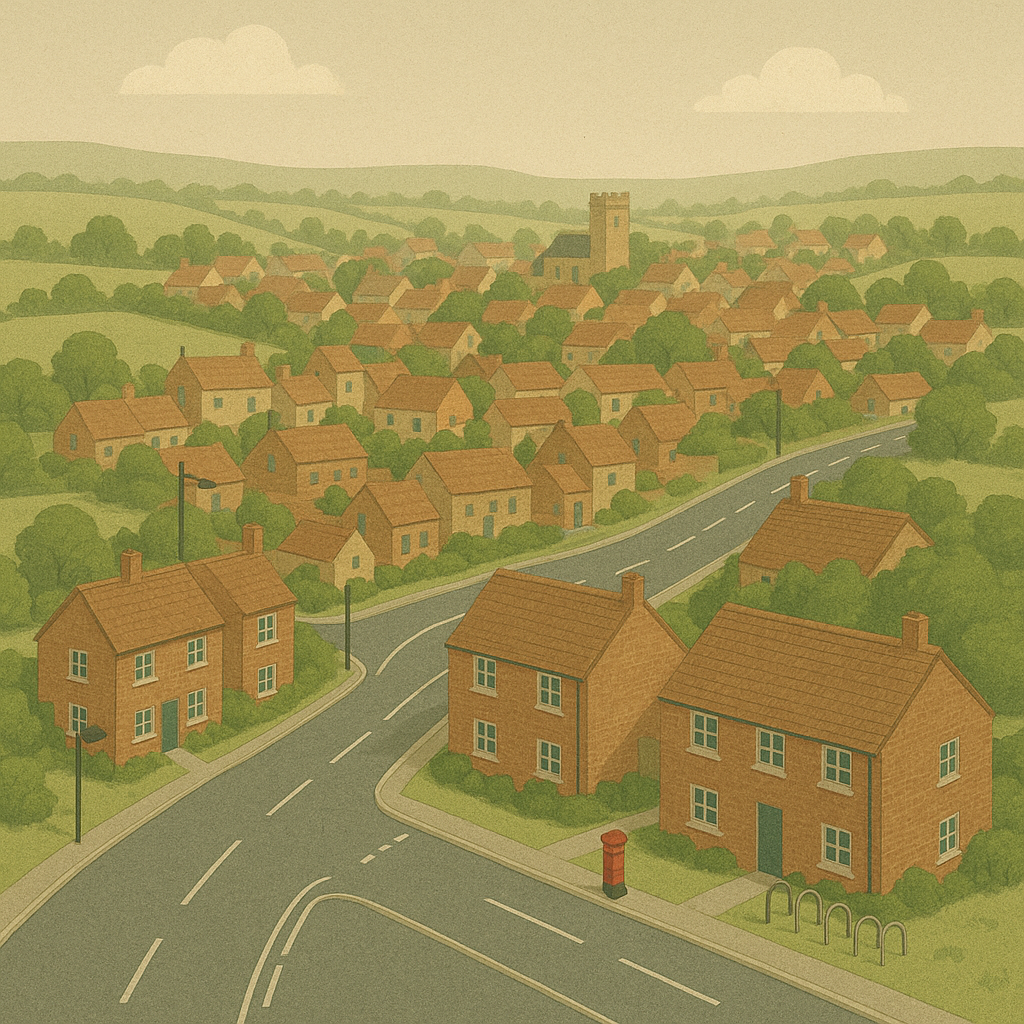
© Zentrum Welterbe Bamberg, picture: Jürgen Schraudner
Dan Keech was at a mini-symposium on urban food growing at the OpenSpace Research Centre in Milton Keynes on 13th December.
The symposium was called ‘Urban food-growing activities: what prospects for system change?’ and Dan presented a paper called ‘City horticulture – rural identity: World Heritage in Bamberg, Bavaria’.
The following is a summary of the paper:
Bamberg (Upper Franconia, Germany) is perhaps unique among European cities because the food production within its central zone forms part of its UNESCO World Heritage (WH) designation. For over 600 years commercial horticulture has persisted, providing distinctive varieties of food and influencing the city’s physical form and social institutions including the Catholic Church and city council. Renovation of the gardeners’ museum, guided tours leading to a raised observation tower and the systematic classification of architecture in the Gärtnerstadt (Gardeners’ Quarter) have resulted from collaborations between civil society, gardeners’ representatives and public administration. These efforts try to rebalance the city’s attractions in relation to typical tourism ‘honey-pots’. Yet changing consumer habits, limited knowledge (even locally) of the Gärtnerstadt, low rates of business succession, a reluctance among gardeners to cooperate and, finally, demand for development space, all exert pressure on the area.
Research by Dan Keech, CCRI, and Otto-Friedrich Universität has contrasted the traditions of Bamberg’s gardeners with AFN innovations in another WH city (Bath, UK). These include the development of democratic activist communities, the organisation of producer co-operation and the implementation of municipal food strategies which frame urban agriculture as a valuable function providing open space, education, supply chains and the renewal of local identity.
See more information.




